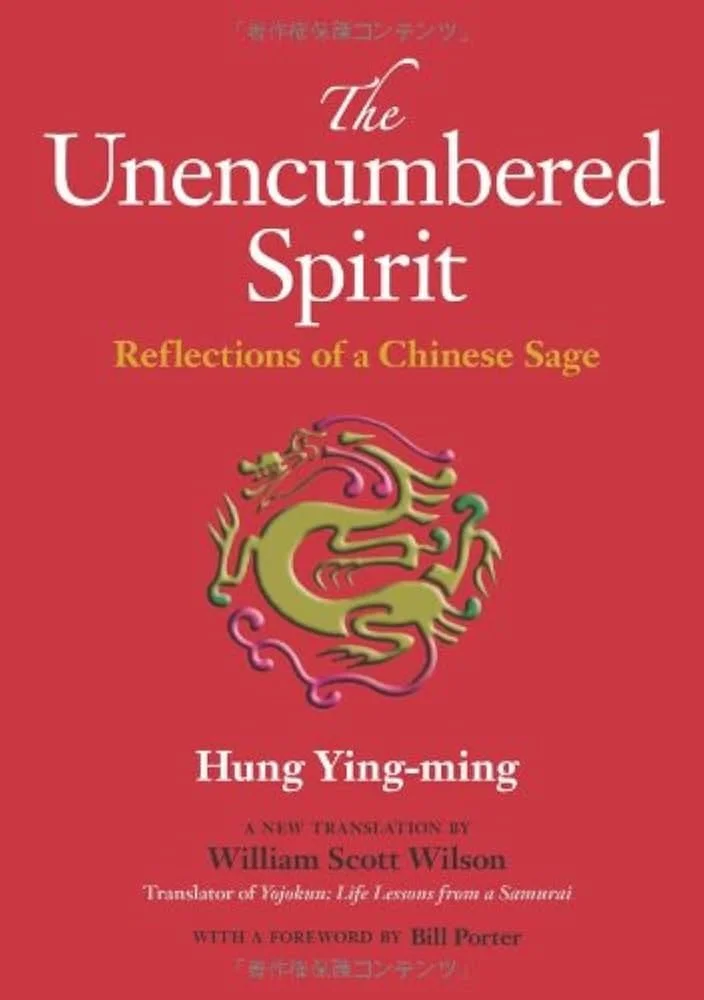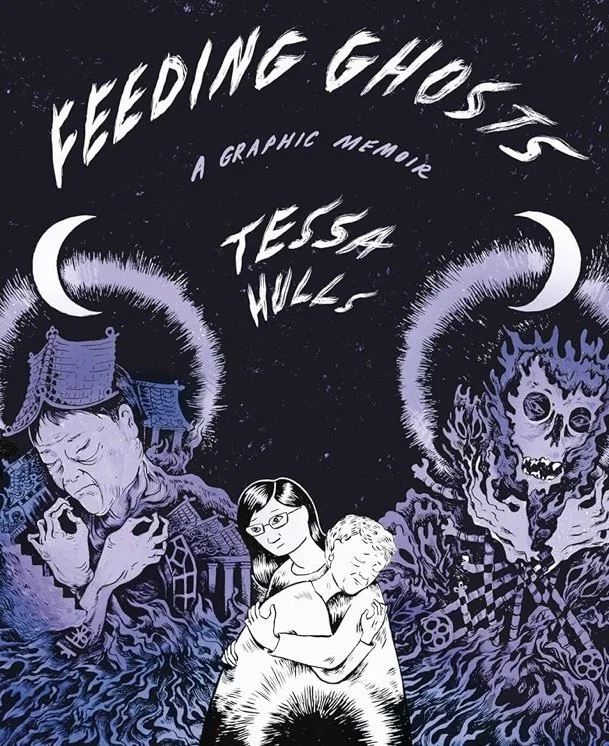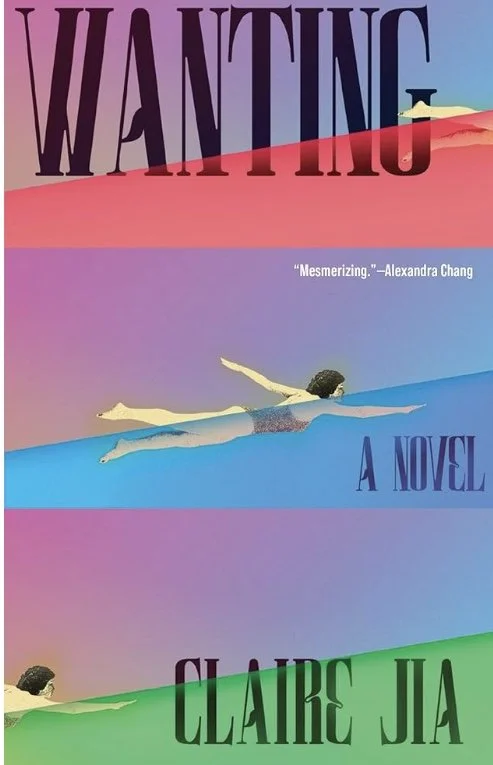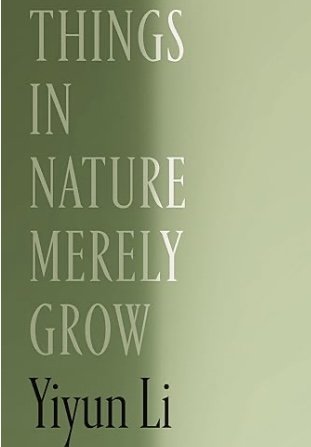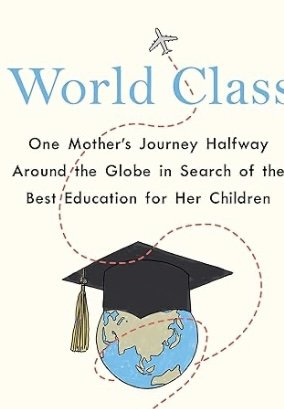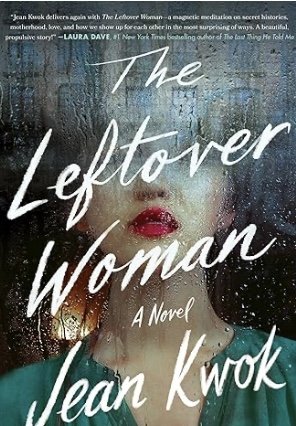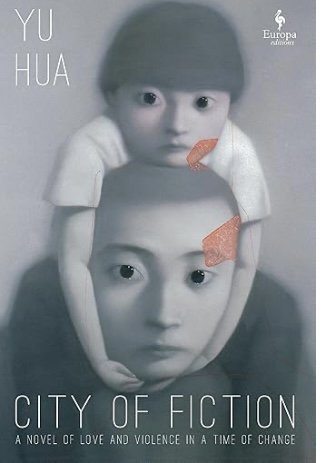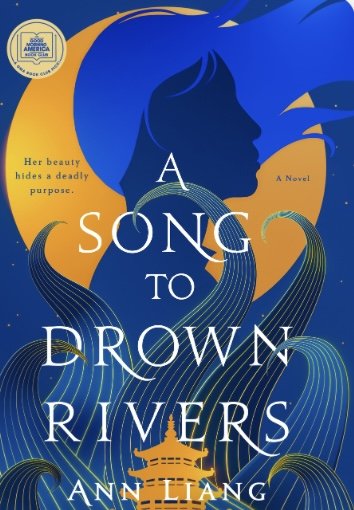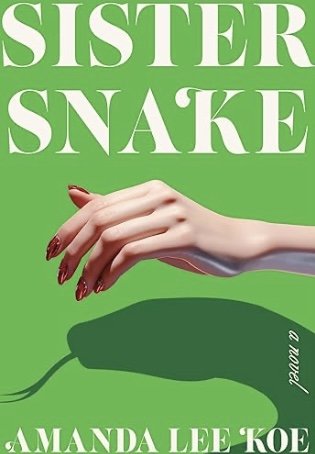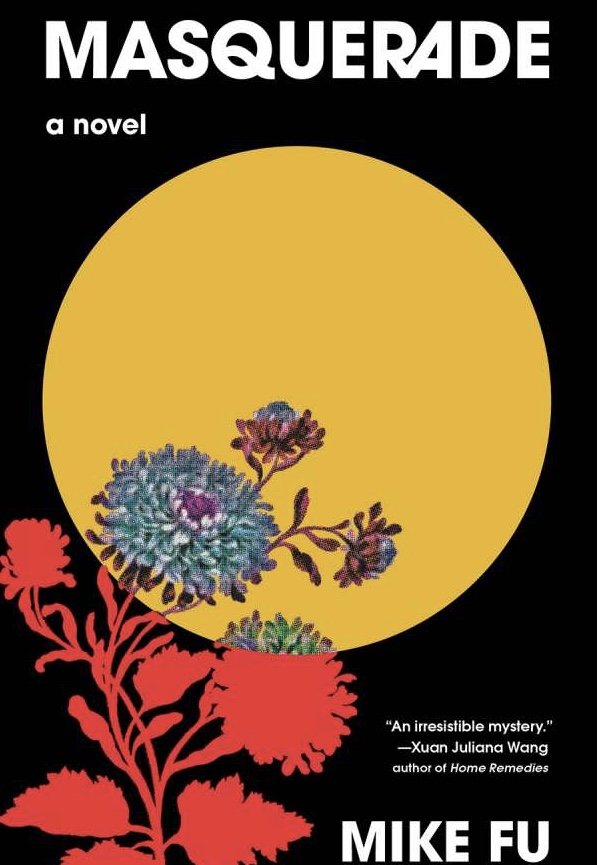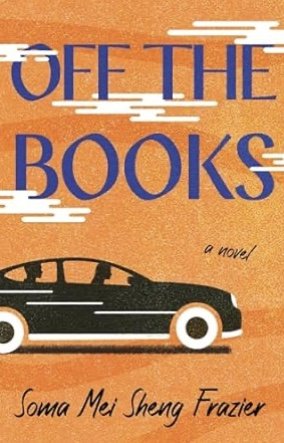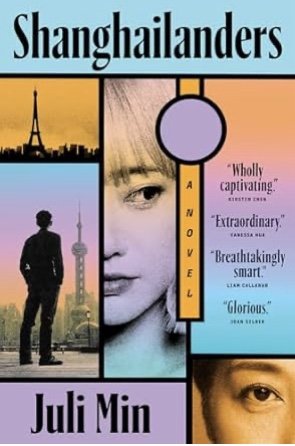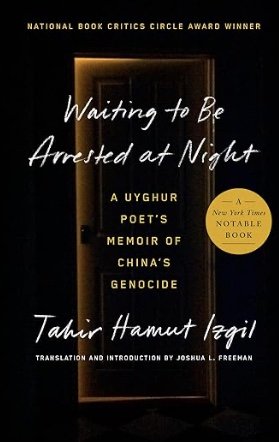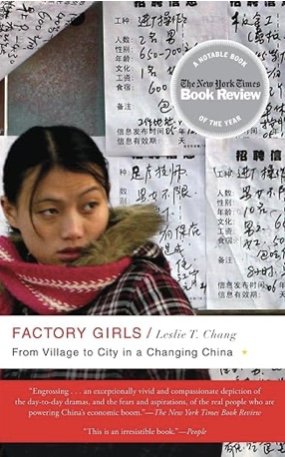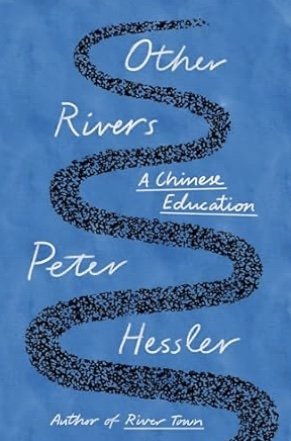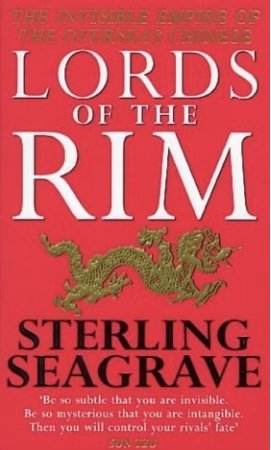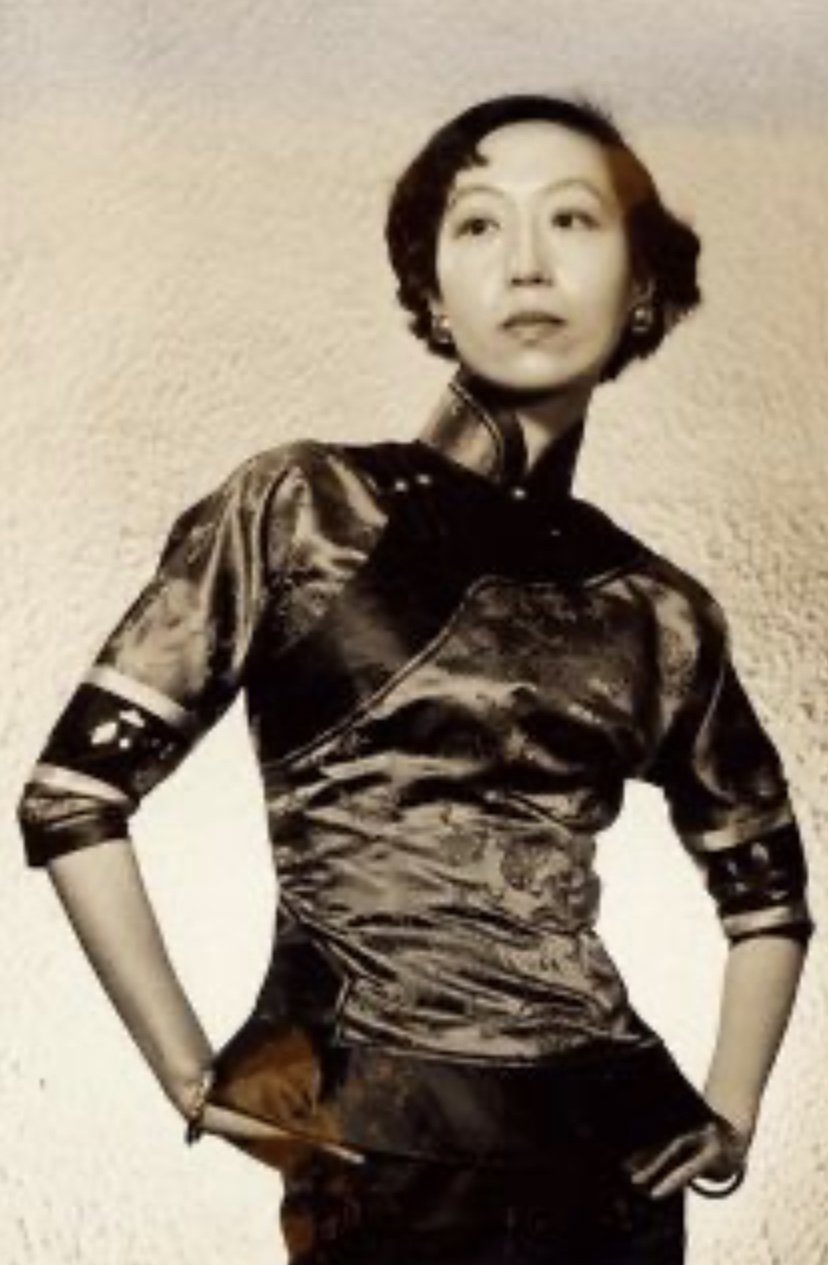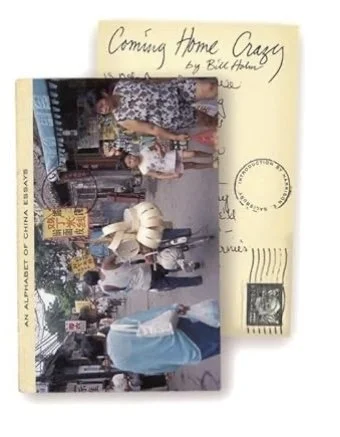Breakneck by Dan Wang (W. W. Norton) ~Janet Brown
What would have happened if the iPhone had been built in the United States? When Apple chose Shenzhen as its manufacturing point, it made that city a breeding ground for increased technological innovation, “the hardware capital of the world.” Dan Wang says this came about for a simple reason. China is a nation of engineers while the U.S. is a nation of lawyers. The first brings about rapid changes in infrastructure while the second breeds regulation and restriction. One builds while the other blocks.
The People’s Republic of China came into being under the leadership of a poet. Succeeding leaders have been trained engineers, beginning with Deng Xiaoping who “promoted engineers to the top ranks of China’s government throughout the 1980s and 1990s.” Under their guidance China began racing toward modernity and has never slackened pace.
In 2008, both the U.S. and China realized the importance of high-speed rail. By 2011 this was a reality in China while the U.S. claims it might be a functioning transit option by 2033. The development of AI with its need for massive amounts of electrical power flourishes in China while in the U.S. the essential data centers that gobble electricity are blocked by widespread public opposition.
Wang traces the history of modern China in seven chapters, each narrated in the same breakneck pace with which this transformation took place. Engineering, he claims, is responsible for China’s greatest successes as well as its most grievous failures. In factories engineers are in their element. When they turn to social engineering, as in the one child policy that was conceived by an engineer, they breed disaster. When they turned their talents to the Zero-Covid plan, their draconian policies caused an unprecedented number of nationwide protests.
Engineers have built not only a high-speed rail network, they have given Chinese cities subway systems that rival any in the world. They enabled Chinese citizens to leap directly past laptops and tablets to smartphones that have made cash obsolete with the use of QR codes. They have turned isolated villages into pocket-sized manufacturing centers, concentrating on a single product. They have made solar and wind power a reality, while pragmatically continuing to use their bounteous resource of coal. They made manufacturing a high priority during Covid, keeping factories running at full speed, producing consumer goods sold online to customers who had no other way to shop.
Xi Jinping, a chemical engineer himself, uses his political power to keep his engineering state intact. When the Chinese tech oligarchs began to exert their influence in threatening ways, Xi swiftly reined them in. His primary focus is directed toward energy security with the development of solar, wind, nuclear, and coal; toward food security, with farmers producing rice, grain, and vegetables across the country and grocery markets readily available to local residents; building manufacturing capabilities while increasing China’s technological power. Few of these goals, Wang claims, are being pursued in the United States.
A Canadian, Wang has the benefit of being an outside observer in both China and the United States. He’s an engaging writer, as well as an analytical one, with the ability to create a vivid description in a single concise sentence. “Beijing,” he says, “enthralls not because it is nice, but because it isn’t,” while Shanghai’s “streets have remained human-scaled rather than being built for cars.” “With its Blade Runner aesthetic, Chongqing is the embodiment of cyberpunk,” in contrast to Yunnan where “tea hills and rubber plantations rise above the Mekong River, carrying snowmelt from Tibetan highlands.”
Because he spent the Covid years in Shanghai, his chapter gives a different perspective to this wellworn topic, and his Canadian passport lets him explore the places where young Chinese artists and entrepreneurs have emigrated and are making their homes, from Vancouver to Chiang Mai.
Although you may disagree with some of Wang’s points of view, you will never be bored. Breakneck is a book for our time, resonant and prescient.

